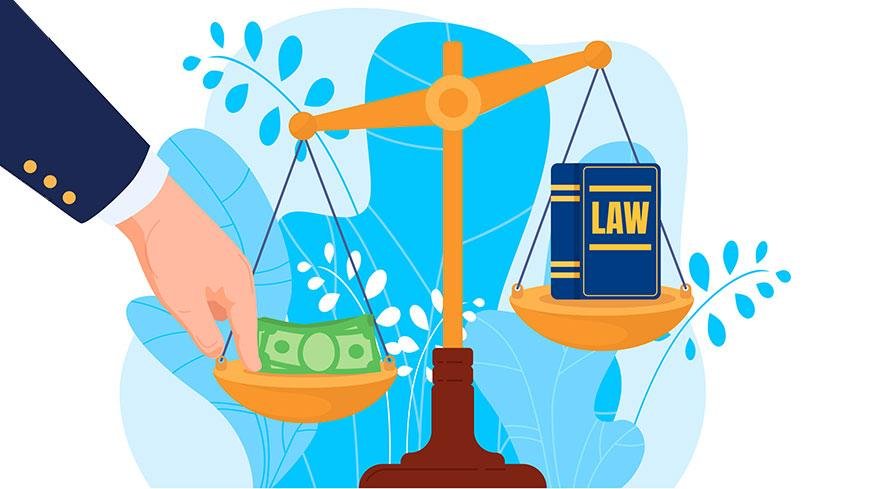The Impact of political scandals
The Impact of political scandals on public trust in Government
Political scandals have become a regular feature of modern politics, and their impact on public trust in government is significant.
When scandals involving politicians and government officials break, they can have a profound effect on how the public perceives the trustworthiness and integrity of government institutions. In this essay, we will explore the impact of political scandals on public trust in government.

Firstly, political scandals often lead to a decline in public trust in government. The public perceives politicians and government officials as representatives of the government as a whole. Therefore, any scandal involving a public figure reflects broader issues within the government.
For example, the Watergate scandal, which implicated the Nixon administration in the United States, significantly eroded public trust in the government and remains widely regarded as one of the defining moments in modern American politics.
Secondly, political scandals can also harm voter turnout. When voters become disillusioned with politics and government, they are less likely to turn out to vote in elections.
This can have serious implications for the democratic process, as it can lead to the election of politicians who do not represent the views of the majority of the population. In extreme cases, it can lead to a breakdown in democracy altogether.
Thirdly, political scandals can damage the reputation of individual politicians and political parties. Involvement in scandals harms politicians’ or political parties’ reputations and impedes their future electoral success.
This can be particularly damaging for politicians who have built their careers on a reputation for honesty and integrity. As it can undermine their credibility and make it difficult for them to gain the trust of voters.
Fourthly, political scandals can also harm the economy. Scandals breed uncertainty and instability, dampening investor confidence and impeding economic growth.
This can have serious implications for the wider economy, as it can lead to job losses and reduced economic activity.
Political scandals ultimately undermine trust in the institutions responsible for holding politicians and government officials accountable. When scandals break, the public often looks to the media and other institutions to investigate and report on the allegations.
If these institutions are seen as failing to hold politicians and government officials accountable. It can lead to a loss of faith in the system as a whole.
In recent years, several high-profile political scandals have had a significant impact on public trust in government. For instance, the British MPs’ expense claims scandal significantly reduced public trust in politicians and the political system overall.
Similarly, Hillary Clinton’s private email server scandal in the 2016 US presidential election diminished trust in both her and the Democratic Party.
In response to political scandals, governments, and political parties often take steps to restore public trust. This may include enhanced transparency, stricter regulation, and harsher sanctions for unethical conduct.
However, such measures can often be viewed as insufficient and untimely, failing to promptly restore public trust.
Conclusion
Political scandals have a significant impact on public trust in government. They can erode trust, tarnish politicians’ and parties’ reputations, and harm the economy.
Political scandals’ effect on public trust in government is a serious issue requiring attention from politicians, government officials, and the wider public.
To uphold the strength and efficacy of our democratic institutions. We must address political scandals’ root causes and rebuild public trust. 온라인카지노
